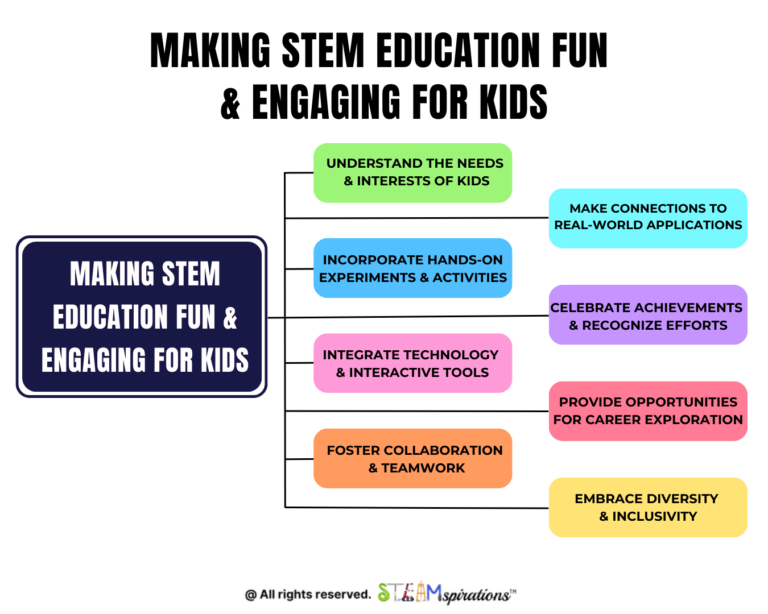Are you noticing your child struggling with math? It can be quite challenging to see your little one face difficulties in this important subject. But don’t worry, we’ve got some exciting news for you! There’s a game that holds the key to unlocking your child’s math potential: the Montessori Mathematics Game. Let’s dive in and discover how this game can help your child overcome math struggles and develop a strong foundation in numbers.
You know, as a parent myself, I understand how frustrating it can be to watch your child struggle with math. I remember when my own son used to get overwhelmed with numbers, and it was disheartening to see his confidence diminish. But once we introduced him to the Montessori Mathematics Game, everything changed. Suddenly, math became exciting and enjoyable for him. That’s why I’m so passionate about sharing this game with other parents like you!
Mathematics can be a challenging subject for many children. Some find it difficult to engage and stay motivated, while others struggle to grasp the concepts or apply their math skills to real-life situations. But fret not, because the Montessori approach offers a solution that goes beyond traditional teaching methods. By incorporating hands-on learning and individualized instruction, the Montessori Mathematics Game revolutionizes how children learn math.
Now, let’s embark on a journey to understand the challenges of learning math and explore how this product can make a significant difference in your child’s math education.
Understanding the Challenges of Learning Math
Learning math can present various challenges for children. It’s important to recognize and address these difficulties early on to ensure a strong foundation in this fundamental subject. So, let’s take a closer look at some of the common struggles children face when it comes to math.
One of the main challenges is a lack of engagement and motivation. Many children find math to be dull and uninspiring, resulting in a disinterest in learning the subject. They might view math as a set of abstract rules and equations that hold no real-world relevance. As a result, their enthusiasm dwindles, making it harder for them to grasp new concepts.
Another hurdle is limited conceptual understanding. Some children struggle to truly comprehend the underlying principles of math. They may struggle with number sense, finding it difficult to visualize quantities or understand the relationships between numbers. This can lead to difficulties in solving problems and applying math skills to different scenarios.
Lastly, some children find it challenging to apply their math skills to real-life situations. They may struggle to see how math relates to their everyday experiences, which can make it harder for them to connect with the subject. Without practical applications, math can feel like an abstract concept with no relevance to their lives.
Recognizing these challenges is the first step in addressing them effectively. By understanding the specific hurdles your child faces, you can provide targeted support and introduce strategies that cater to their individual needs. The Montessori approach to math education tackles these challenges head-on, offering a unique and effective solution that engages children and fosters their math skills in a meaningful way.
The Montessori Approach to Math Education
Now that we understand the challenges children face in learning math, let’s explore the Montessori approach, which has gained widespread recognition for its effectiveness in fostering a deep understanding of math concepts. This approach goes beyond traditional teaching methods and embraces a philosophy that nurtures children’s natural curiosity and love for learning.
At its core, the Montessori approach to math education believes in the power of hands-on learning and manipulation of concrete materials. Instead of relying solely on textbooks and lectures, children actively engage with physical objects to explore mathematical concepts. This tactile experience creates a strong foundation and helps children develop a deep understanding of numbers, quantities, and operations.
The Montessori approach also emphasizes individualized and self-paced learning. Each child progresses through math concepts at their own pace, ensuring that they fully grasp each concept before moving on. This personalized approach allows children to build a solid understanding of math, boosting their confidence and motivation.
Furthermore, the Montessori approach integrates real-life experiences and problem-solving into math education. Children are encouraged to explore mathematical concepts in practical contexts, making connections between math and their everyday lives. This application of math to real-life situations helps children see the relevance and significance of the subject, fostering a deeper appreciation for its importance.
Imagine your child discovering math through hands-on activities, engaging in self-directed learning, and applying math skills to real-world scenarios. This holistic approach not only enhances their mathematical abilities but also cultivates critical thinking, problem-solving, and logical reasoning skills that are valuable in all aspects of life.
Introducing the Montessori Mathematics Game
Get ready to embark on an exciting math adventure with the Montessori Mathematics Game! This game is designed to align perfectly with the Montessori principles, providing an engaging and effective way for your child to develop essential math skills.
The Montessori Mathematics Game includes a set of matching wooden number counting sticks and 30 calculation cards. Each card presents a unique puzzle that focuses on addition, subtraction, or counting. The colorful illustrations and self-correcting nature of the game make learning math a fun and interactive experience.
As your child engages with the Montessori Mathematics Game, they will strengthen their number recognition, counting, and basic addition and subtraction skills. By manipulating the counting sticks and matching them to the numbers on the cards, they’ll develop a solid understanding of math concepts in a hands-on manner. This game encourages independent thinking, problem-solving, and critical reasoning as your child determines the correct answers.
What sets the Montessori Mathematics Game apart is its ability to adapt to your child’s individual needs. The self-paced nature of the game allows them to progress at their own speed, ensuring mastery of each concept before moving forward. Whether your child is just starting their math journey or looking to reinforce their existing skills, this game provides the perfect balance of challenge and support.
I have witnessed firsthand how the Montessori Mathematics Game can transform a child’s perception of math. I remember when my niece, Lily, was struggling with addition. She found it difficult to grasp the concept and lacked confidence in her abilities. However, once she started playing with the Montessori Mathematics Game, her enthusiasm for math grew exponentially. She became excited about solving the puzzles and eagerly counted the sticks to find the answers. It was a joy to see her math skills flourish through this game.
Not only does the Montessori Mathematics Game improve your child’s math proficiency, but it also enhances their fine motor skills. Manipulating the counting sticks and placing them accurately on the cards requires precision and coordination, promoting the development of their hand-eye coordination and dexterity.
Implementing the Montessori Mathematics Game at Home and School
Now that you have the Montessori Mathematics Game in your hands, let’s explore how you can make the most out of this valuable learning tool both at home and in the classroom. By incorporating the game into your child’s daily routine, you can create a math-rich environment that nurtures their mathematical growth.
For parents, the Montessori Mathematics Game can be seamlessly integrated into everyday activities. Consider setting aside dedicated math time where you and your child can explore the game together. Create a comfortable and inviting learning space, free from distractions, where your child can focus and engage fully.
During math sessions, encourage your child to select a calculation card and find the corresponding number sticks. Work through the puzzle together, providing guidance and support as needed. Celebrate their successes and offer gentle guidance when they encounter challenges. Remember, it’s not about rushing through the game but rather fostering a love for math and a deep understanding of concepts.
In addition to dedicated math time, you can also incorporate the Montessori Mathematics Game into other daily routines. For example, during meal preparation, you can ask your child to count the vegetables or measure ingredients using the number sticks. By infusing math into everyday tasks, you reinforce the practical applications of math and help your child see its relevance in their lives.
Teachers can also maximize the potential of the Montessori Mathematics Game within the classroom setting. Introduce the game during math lessons and provide opportunities for students to work individually or in small groups. Encourage peer collaboration and discussion, as this promotes critical thinking and communication skills.
As an educator, I’ve witnessed the transformative impact of incorporating the Montessori Mathematics Game into my classroom. The engagement levels skyrocketed, and my students developed a newfound excitement for math. Through hands-on exploration and interactive problem-solving, they gained a deeper understanding of math concepts and became more confident in their abilities.
To support your child’s math learning, maintain open communication with their teachers. Share your experiences with the Montessori Mathematics Game and discuss how it can be integrated into the school curriculum. Collaboration between parents and teachers ensures a consistent and holistic approach to math education.
By combining efforts at home and school, you can create a supportive and stimulating environment that fosters your child’s math skills. The Montessori Mathematics Game serves as a bridge between home and school, reinforcing learning and providing a solid foundation for their mathematical journey.
Remember, learning math is not solely about getting the right answers. It’s about cultivating a deep understanding, fostering critical thinking, and nurturing a growth mindset. The Montessori Mathematics Game encompasses all these elements and empowers your child to embrace challenges, persevere, and become confident problem solvers.
So, embark on this math adventure with your child, celebrate their progress, and cherish the joy of learning together. This Montessori Mathematics Game holds the key to transforming math struggles into triumphs and guiding your child towards a bright future filled with mathematical success.

